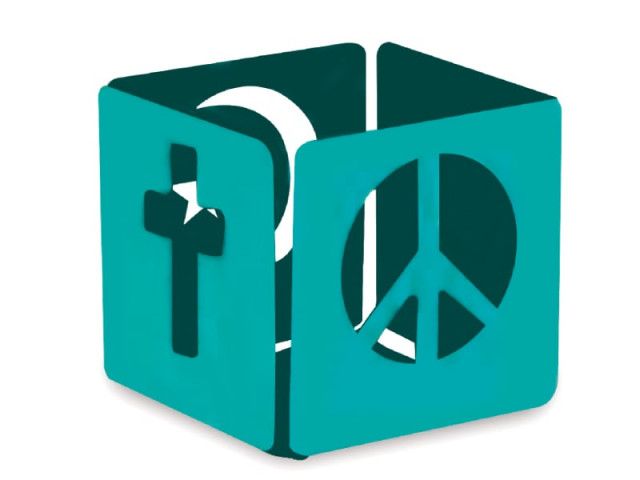For peaceful coexistence: Speakers call for curriculum reforms to promote tolerance
Highlight the need to curb rising sectarian extremism in society.

This was the crux of the speeches made by politicians, representatives of religious minorities, civil society and media at a seminar on “Working together for a joyful co-existence” organised by the Peace and Development Foundation on Friday.
Pakistan Institute of Peace Studies Director Amir Rana said that some segments enjoyed more religious freedom than others in Pakistan. “Looking everything with a prism of religion has further complicated the issues”, he observed.

Awami Workers Party Vice-President Dr Farzana Bari said that we all were living in a society based on inequality. “A society based on religion, caste, creed and colour cannot survive,” she said.
“The mindset that forces Hindu girls to convert, buries Christians alive and kills a governor on charges of blasphemy is leading us towards destruction” she remarked.
Highlighting the role religious minorities have been playing in the creation and development of Pakistan, she said that the country came into being after SP Singha voted in favour of Pakistan, at a time when votes were tied.
Bari, who is also chairperson of the Gender Studies at Quaid-i-Azam University, said the number of religious minorities has come down to three per cent of the population from 15 per cent in 1947.
Suggesting amendments in the blasphemy law, she said the blasphemy cases increased after the law was amended in 1980 during Ziaul Haq regime. She said that 700 Muslims have been booked under the blasphemy law since the amendment.
She also suggested structural changes to the constitution, removal of hate materials from the curriculum and social reforms for peaceful co-existence.
Pakistan People’s Party member National Assembly Nafisa Shah said that politicians in a lot of cases have used religion for their vested interest.
She said the colonial masters used religion and divided us and now we are being used as fuel in a Persian-Arab conflict.
The speakers also highlighted the need to curb increasing sectarian extremism in society.
Centre for Civic Education Executive Director Zafarullah Khan highlighted the example of Sindh government which, he said, has removed the hate material from primary textbooks.
Pakistan Tehreek-e-Insaf (PTI) religious wing president Mufti Abdul Qavi said PTI rejects division on the basis of religion, sect, or ethnicity.
Published in The Express Tribune, December 6th, 2014.



















COMMENTS
Comments are moderated and generally will be posted if they are on-topic and not abusive.
For more information, please see our Comments FAQ